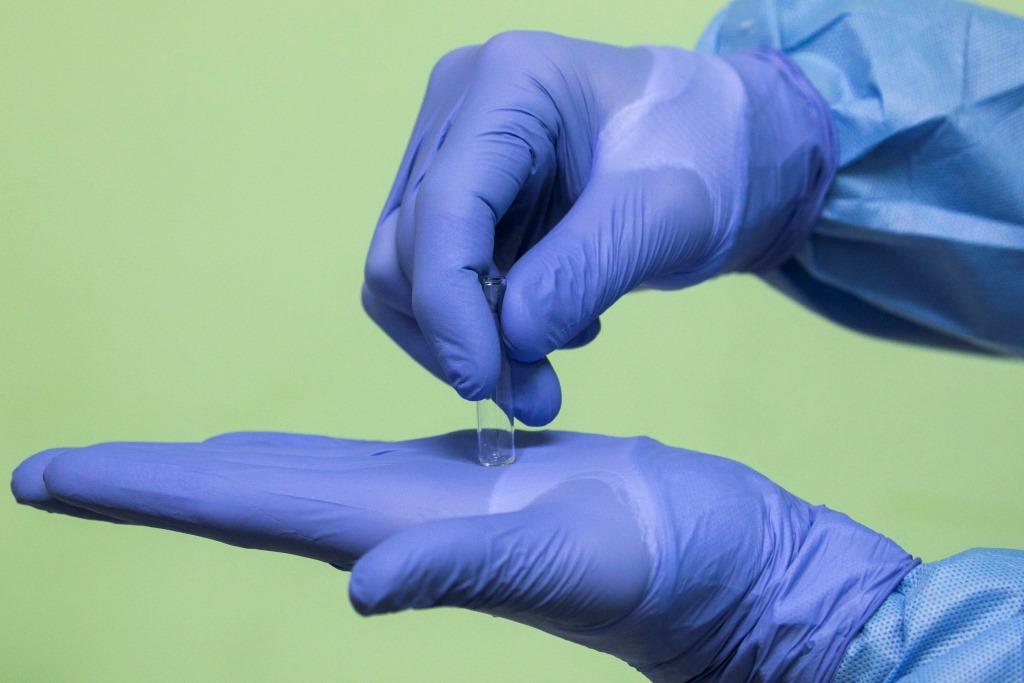
The Ministry of Health announced this morning (Friday) that in the last day, 830 new patients have been diagnosed with the corona virus – out of 65,406 tests performed. The percentage of positive tests yesterday was 1.3%.
This is compared to 478 positive tests the day before – an increase of 0.2%.
The coefficient of infection, which has been declining in recent days, also rose slightly to 0.59, from 0.55 in the previous day.
Of all patients in Israel, there are 470 in critical condition and 212 respirators.
The number of active patients is 11,642, with an additional 47,816 Israelis currently isolated in their homes.
Since the outbreak of the corona in Israel last year, 831,160 blue Israelis have been diagnosed with the virus.
6,164 people died from the outbreak, while in the last day 7 patients died from the virus.
The Ministry of Health updated that 5,213,638 Israelis were vaccinated with the first vaccine dose and of these – 4,690,678 have already received the second vaccine dose. This is 50.44% of the total population.
Despite the numbers, the ISA warned against complacency and argued that the guidelines should continue to be observed, as the plague had not passed.
There is a significant increase in morbidity in the world, which results from significant outbreaks in a number of regions, notably Brazil, India and Eastern Europe.
Also in New York, there is a new variant of the virus that continues to take root and carries a mutation associated with re-infection of recoverers. A significant outbreak of the virus is also being recorded in Jordan these days.
According to an AMN report published this morning, the risk of new variants entering Israel requires an effort to prevent their entry from abroad, and to limit their distribution in Israel. In recent months, strains have been identified that significantly increase the risk of re-infection of recoverers (South African and Brazilian strains, for example), and it is estimated that as these strains continue to develop and accumulate more mutations, they may also threaten vaccine efficacy.
For these reasons, it is recommended to reduce as much as possible the variety of variants imported to Israel from abroad, and their scope in the population. Controlled entry into Israel and a joint effort of testing, isolation, and responsible behavior will help reduce the risk.
The National Security Agency clarifies that at this stage it is estimated that the effectiveness of Pfizer’s vaccine against the South African variant (and similar strains) will be maintained, at least in preventing serious illness.
Regarding the vaccine for recovering patients, and against the background of the risk of re-infection of recovering patients by the South African strain (found in Israel), and possibly similar strains, the AMN recommends that recovering patients be vaccinated soon, especially before family reunions on Passover. The protection of recovering from the existing variants.